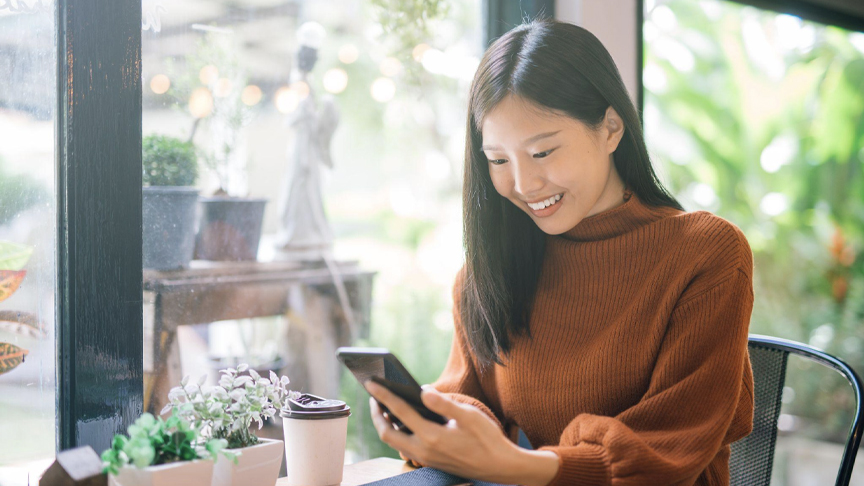Our stay-at-home lifestyle has proven that there’s so much we can do with technology. Imagine getting the latest food trend — hello sweet dalgona — or that budol item you saw on your Facebook group — 11.11 here we come! –with just a few taps on your smartphone. You don’t even need to shower, brush your teeth, or step out of the house. All you need is an internet connection and a trusty e-wallet like GCash.
Yet with these new conveniences come new watchouts that we need to be mindful of. You have probably heard of schemes where scammers try to trick you to give up personal information such as passwords and MPINs by faking an emergency or the like. Services like GCash are stepping up to do their part in protecting your information but we still need to do our part to safeguard our information.
To help us be more mindful of our security, GCash is introducing the GChecklist, 4 simple reminders that help keep ourselves safe. With the GChecklist, you’ll never fall for another Tita Baby asking for load using her new roaming number!
Here’s what you need to remember:
Check the official GCash channels. It’s tempting to “spill the tea” on social media in case we have concerns. Finances and dating have one thing in common: keep it private. Instead of posting our questions about a GCash service on social media when we get stumped, it’s better to go to the Help Center of the app. You can find a solution quickly through the self-service section, or submit a ticket if the answer is not there. Remember, GCash will never send you a personal message in social media.
Never share your MPIN or OTP. Some things are meant to be shared (like large fries, a book, or a movie), but these don’t include your Mobile Personal Identification Number (MPIN) or One-Time Password (OTP). Some scammers pretend to be a GCash representative or a friend to trick you into giving these to them. ‘Wag kang pa-fall. Like “The One,” your MPIN and OTP are meant only for you.
Only do actions via the app. Scammers have become more creative in infiltrating your accounts. Some scammers try to portray a sense of urgency and threaten you with account deletion to push you to perform what they want, while others send messages asking you to click a link that looks similar to the official website. These are called phishing sites and deceive you into giving your personal information. These usually have red flags in the form of typos, misspellings, or replacing letters with numbers. Take a closer look at the link. Does it say GCash, GCsah, or GCa5h? As a great drag queen once said, reading is what? Fundamental. To be safe, transact only within the app.
Be careful who you transact with. A wireless vacuum that’s significantly cheaper than the official price? An online seller who wants to meet up in a shady location? If an offer is too good to be true, it probably is. Always do your research on the product and the seller before buying anything online. Read the seller reviews and their ratings, and check out pictures of the actual product. Does the review have “Excellent quality” and “Very accommodating seller”? Add to cart na!
The GChecklist is important to keep in mind when transacting online because the best way to keep ourselves protected is to be informed. We also have to be G to share our tips and reminders with friends and family because the more we talk about it, the better we can cancel scammers.
Shop safely with GCash and remember mag GCheck ka muna with the GChecklist!







































































































